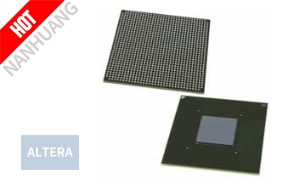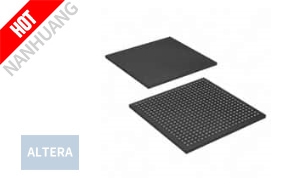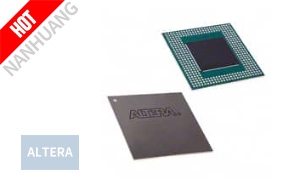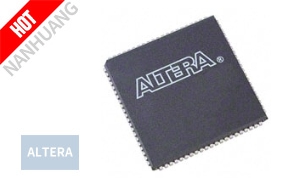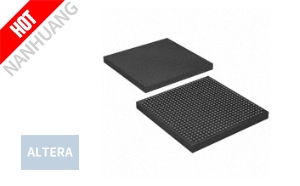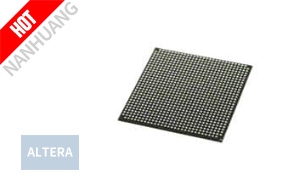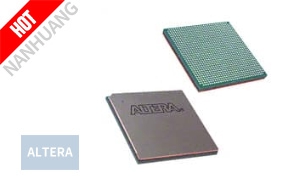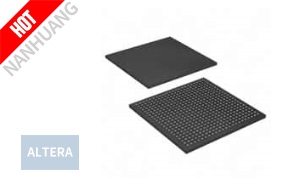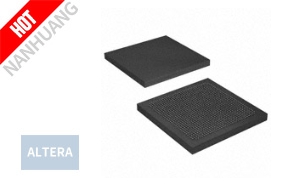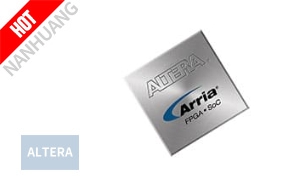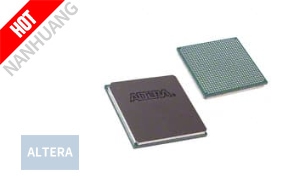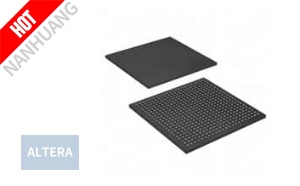
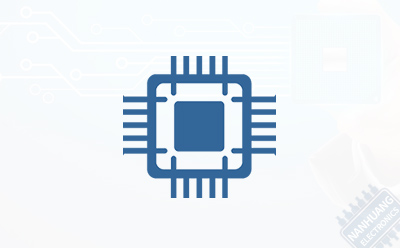
Intel MAX® II CPLDs
The MAX® II CPLD family from Intel is an instant-on, non-volatile CPLD family based on a groundbreaking architecture that targets general-purpose, low-density logic and portable applications, such as cellular handset design. The MAX® II CPLD drives power improvements to higher densities, enabling you to use a MAX® II CPLD in place of a higher power ASSP and/or standard-logic CPLD. With the introduction of MAX® II Z CPLD, there are now three variants that all use the same innovation CPLD architecture.
The MAX® II CPLDs offer architectural and board management features to optimize ease of use and system integration. The MAX® II CPLD enables a high level of functional integration to reduce system design costs.
Optimized Architecture
MAX® II CPLDs have a CPLD architecture that breaks through traditional macrocell power and space limitations.
Low Power
MAX® II CPLDs offer low dynamic power with one-tenth the power of previous MAX® CPLDs.
Real-Time In-System Programmability (ISP)
MAX® II CPLDs allow you to update the configuration flash memory while the CPLD is in operation.
I/O Capabilities
MAX® II CPLDs support a variety of single-ended I/O interface standards such as LVTTL, LVCMOS, and PCI.
Packages Available
TQFP, 1.0-mm pitch FBGA, and 0.5-mm pitch mBGA.
Parallel Flash Loader
MAX® II CPLDs feature a JTAG block that can configure external non-JTAG-compliant devices such as discrete flash memory devices using the Parallel Flash Loader megafunction.
Industrial Temperature Support
MAX® II CPLDs support the industrial temperature range, -40°C to +100°C (junction), required for various industrial and other temperature-sensitive applications.
Extended Temperature Support
MAX® II CPLDs are offered in the extended temperature range, -40°C to +125°C (junction), to support automotive and other temperature-sensitive applications.
Do you know more about Altera's product uses, technical documents, and solutions related to Intel MAX® II CPLDs? Then quickly get in touch with Altera (Intel) Distributor - NANHUANG!
- IC FPGA 544 I/O 1152FBGA
- IC FPGA 250 I/O 484FBGA
- IC FPGA 271 I/O 356BGA
- IC CPLD 128MC 20NS 84PLCC
- IC FPGA 240 I/O 672FBGA
- IC FPGA 416 I/O 896FBGA
- IC FPGA 718 I/O 1020FBGA
- IC FPGA 294 I/O 484UBGA
- IC SOC CORTEX-A9 1.5GHZ 1152FBGA
- IC FPGA 480 I/O 1932FBGA
- IC FPGA 426 I/O 780FBGA
- IC FPGA 334 I/O 484FBGA
- AMD-Xilinx Unlikely to Disrupt the Channel
- Altera Joins China Mobile R&D Program
- Altera & Wind River Deploy SoC Tools
- Altera and Intel Expand Fab Pact
- Altera Offers High-Efficiency Power Conversion for FPGAs
- Altera & TSMC Partner on Packaging
- Altera CEO Receives Semiconductor Industry Highest Honor
- Altera Debuts Nine New PowerSoC Devices
- Altera Dev Board Reduces Costs for Industrial Designs
- Altera Ships 20 nm SoCs
- Altera Design Doubles NAND Flash Life
- Intel Completes Acquisition of Altera


